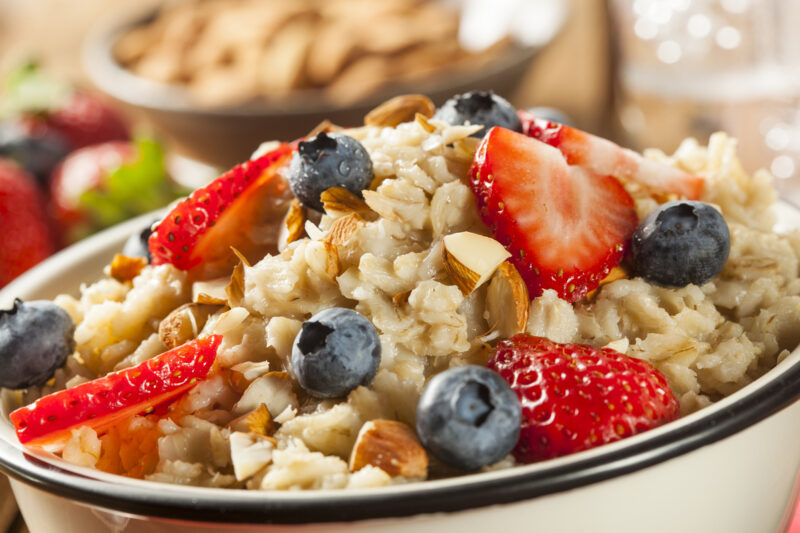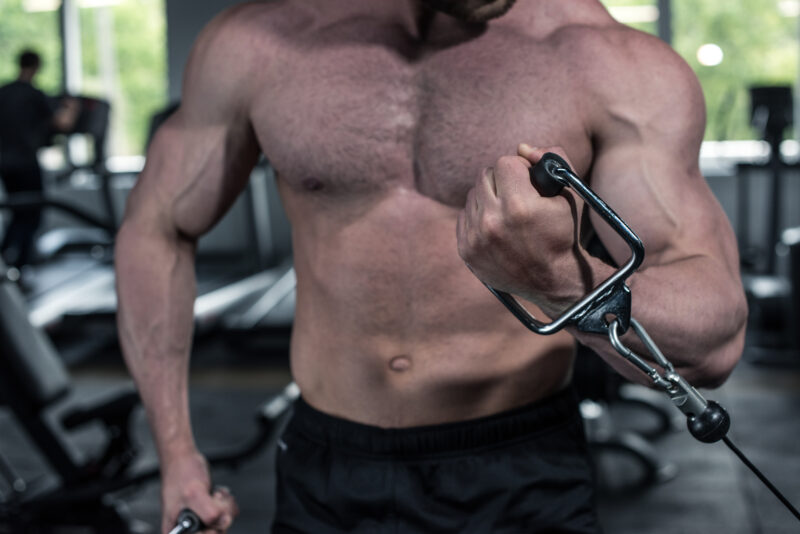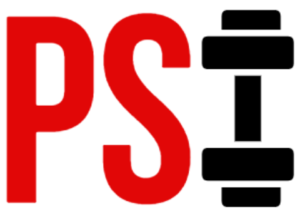Carbs have always had a mixed reputation among people.
On the one hand, we’ve got people who praise carbs and suggest that we need them no matter what our goals are. But, in the other camp, some folks suggest that carbs are harmful, fattening, and not crucial for muscle growth.
But, who is wrong and who is right here? Today, we’ll answer the critical question:
Do we have to eat carbs for muscle growth?
“Do You Have to Eat Carbs For Muscle Growth?” – The Wrong Question to Ask
You don’t “Have” to eat carbs for muscle growth, but you will build more muscle in a shorter amount of time with carbs. Carbohydrates provide your muscles with glycogen, which they need to function. Eating Carbs also causes your body to produce insulin and insulin is anabolic.
This may come as a surprise to you, but the question of, “Do we have to eat carbs?” is the wrong one to ask.
You see, instead of trying to answer this question, we should look at things from the lens of, “Is this strategy effective for my goals?”
Sure, some research suggests that we can build muscle on a low-carb or ketogenic diet (1, 2). Research also shows that we can build muscle in a calorie deficit (3). So, many people see the findings and immediately jump:
“See! We told you carbs aren’t needed for muscle growth.”
Yes, to an extent, they are right – we seem to be able to build muscle with minimal amounts of carbs. The question is, does that bring us the best possible results?
This is where opinions start to shift, and people begin to realize that just because something works, doesn’t mean that there aren’t better, more sustainable, and more enjoyable ways to achieve the same (or even better) outcome.
Take, for example, travel. Say that you have to fly from Paris to New York. Would you take a flight across the Atlantic and get straight there, or would you fly across Europe, Asia, the Pacific, and North America?
Sure, both flight options would get you there. But wouldn’t it be better to find the shortest possible distance and go with it?

What Are Carbohydrates And What Are Their Roles Within The Body?
In the simplest of terms, carbs provide the body and brain with energy in the form of glucose (4). Some of the carbs are stored within our muscles and liver in the form of glycogen – a complex carb.
Aside from that, the body also maintains a balanced level of blood glucose that primarily serves to provide us with immediate energy and maintain brain function.
When it comes to their structure, carbs come in two categories: simple and complex ones. Simple carbs are easier to digest, and we can get the energy almost immediately. These are your mono- and disaccharides.
Complex carbs, on the other hand, have more intricate structures and take longer for the body to break down and use. These are polysaccharides.
When it comes to building muscle, carbs seem to play an essential role on several fronts, which we’ll look at more in-depth in the next point (5).
Aside from that, carbs also seem to alter disease progression and metabolic function (6). If your diet solely depends on quick-digesting and refined carbs, you may experience adverse health effects such as elevated cholesterol, insulin resistance, and increased risks for cardiovascular disease and type 2 diabetes (7).
Keto vs. Non-Keto Nutrition For Muscle Gain – What Does The Research Suggest?
Research seems to suggest that folks on a non-ketogenic diet gain more lean tissue than those on keto, with everything else being the same (8, 9).
The question is, why is that?
Let’s take a look at several potential reasons for that:
-
The role of insulin in muscle protein synthesis
Prevailing wisdom suggests that even within the physiological range, insulin is anabolic. Meaning, by causing a release of insulin with a high-carb meal, we can expect higher rates of muscle protein synthesis, faster post-training recovery, and better growth.
Sadly, things aren’t quite like that, and within the physiological range, insulin doesn’t improve our ability to build muscle (10). It does, however, seem to slow down muscle protein breakdown that occurs from intense physical activity (10).
As you probably know, muscle growth depends on the maintenance of a positive nitrogen balance – more protein coming in than the body breaks down over time.
Suggestion: There are supplement formulas known as “glucose disposal agents” or “nutrient partitioning agents” which are supposed to shuttle the carbohydrates you eat into muscle cells instead of fat cells. I personally use Redcon1 RPG. It contains supplements such as berberine and ALA. Click this link if you want to check it out on amazon.

-
Less energy for intense and high-volume training
Research has shown that training volume is among the most important factors for muscle growth (11). The more work we do in the gym, the better results we can expect, to a point, of course. There is a point of diminishing returns, and we should keep things within the ‘Goldilocks’ zone – not too much, yet not too little.
The thing is, without an adequate carb intake, most people won’t have the energy and motivation for intense and high-volume training.
So, in that sense, we need carbs to optimize our training, which, by extension, optimizes our rates of growth.
-
Not being able to consume enough calories without carbs
Plenty of research has shown that we can build muscle mass without being in a caloric surplus (3). This is particularly the case for new lifters who don’t have much muscle on their frames.
But, past the beginner stage, being in a caloric surplus allows us to optimize our rates of growth. This has been shown in the literature, as well as anecdotally (12).
The issue is, following a low-carb or ketogenic diet can make it difficult, impossible even, for most people to maintain a caloric surplus over time because these diets are incredibly satiating.
In that sense, not eating carbs can restrict your calorie intake, which itself can hinder your long-term muscular development.
The Bottom Line
As you can see, we don’t have to eat carbs to gain muscle. But, having them is beneficial on several fronts, and nobody can deny that.
What does this mean for you?
Well, if you came here to defend a particular bias of yours, then don’t worry. The human body is an incredible piece of biological machinery, and you can go about your nutrition however you want.
If you prefer a low-carb or ketogenic diet and don’t care that much about optimal rates of muscle growth, by all means, keep doing your thing. If you enjoy having carbs and you want to build muscle optimally, do your thing.
In the grand scheme of things, you’ll probably achieve fantastic results so long as you stay consistent. But, as we mentioned above, it depends on you, your preferences, goals, and whether you’re looking for what’s optimal.
Thank you for reading. If you liked this article, please share it and then………. go Pump Some Iron!
Follow me / Pump Some Iron on Instagram for updates @pump.some.iron


